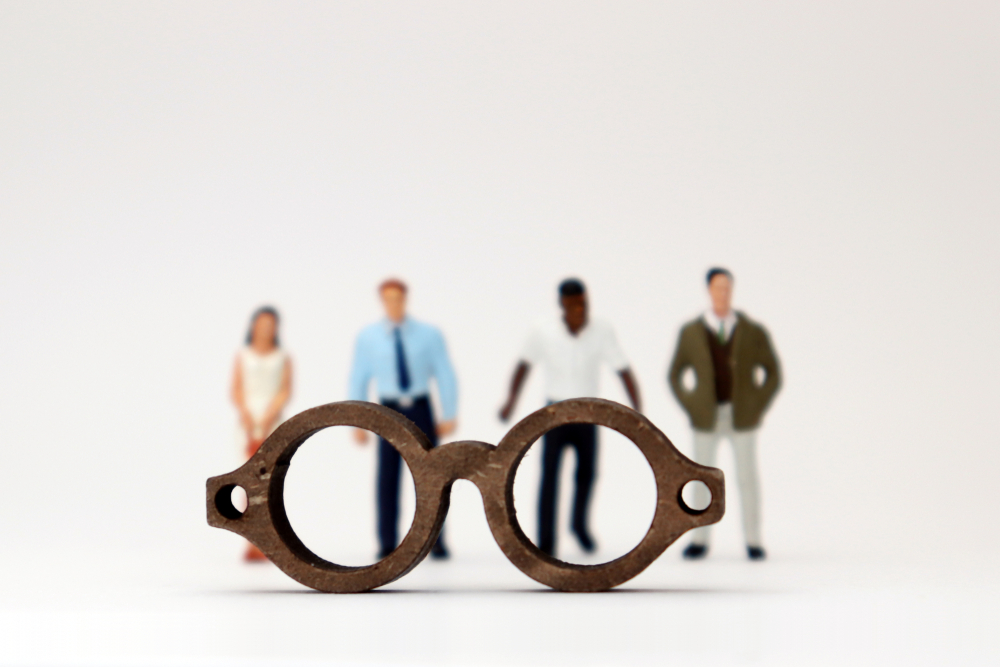Unconscious Bias Might Be Impacting Your Leadership: Here’s What You can do About it

Earlier this year, Starbucks made news when it closed 8,000 of its stores so employees could undergo “unconscious bias” training. Sadly, this training came about because two African-American gentlemen were arrested for trying to use a bathroom in a Philadelphia Starbucks. Tragically, minority customers were recently denied service at a Starbucks store and they were ultimately arrested for simply trying to use the restroom and attempting to sit down.
This type of training is used often to combat ugly instances of overt prejudice, such as racism or sexism, but it also can uncover much more subtle attitudes and behaviors that we can all be guilty of—unless we make an intentional effort to be aware of and deal with our own inherent bias.
Starbucks’ consultant for the new training, The Perception Institute, defines unconscious or “implicit” bias as a positive or negative attitude that a person has towards an individual or group without being aware of it. These attitudes can have a strong effect on everything from recruitment, retention and diversity initiatives to culture and management/employee relations.
We all are vulnerable to unconscious bias. But the best way to combat it, and make yourself a stronger leader in the process, is to learn more about your personal bias and use this knowledge to decide on how to change your thinking.
Fight the bias
We all have our own bias “DNA,” and we need to understand how this bias impacts our decisions, how we communicate with those around us and how other perceive us. Unlike real DNA, bias DNA can evolve and reshape itself over time based on your external experiences.
It can also be changed by a conscious decision and effort to modify thinking. That’s exactly the point that John Maxwell makes in his book, Developing the Leader Within You 2.0. John encourages us to challenge ourselves.
“What is it like for people who sit on the other side of the table or desk from you?” he asks.
“Have you thought about that? Too often we assume it’s easy. The stronger your leadership and your personality, the more difficult it is for others to work with you. Cultivate a servant’s heart and you help to diminish the difficulty for the people you lead.”
Making yourself aware and breaking the stereotypes in your own mind is the first step to not only communicating more effectively, but also cultivating a deeper understanding of everyone around you that you are trying to influence. It opens you up to new ideas that you may have never considered before.
Recognize it’s everywhere
Once you’ve recognized your own bias, you can accept the realization that everyone on your team will have one form of bias or another. Being aware of how these biases interact can be key to understanding the cultural dynamic of your team. But better than awareness is intentional action.
It is helpful to discuss unconscious biases openly with your team. Not only to resolve issues among employees, but to create accountability within the group–including you. Your people can help you see your own biases, especially during periods of high stress or conflict.
At The John Maxwell Company, we believe that objectivity is a powerful tool for any leader. Objectivity guides you in making the best decision possible when faced with the unique challenges of your own organization.
That’s why we offer assessments to discover where your hidden thinking may be holding you back. It can help you chart a new course to make true objectivity part of your own personal makeup, and ultimately prove to be a bedrock principle for the success of your entire team.
More Articles

How to Earn a Seat at the Table

Overcoming Imposter Syndrome in Leadership Roles









Be the first to comment on "Unconscious Bias Might Be Impacting Your Leadership: Here’s What You can do About it"